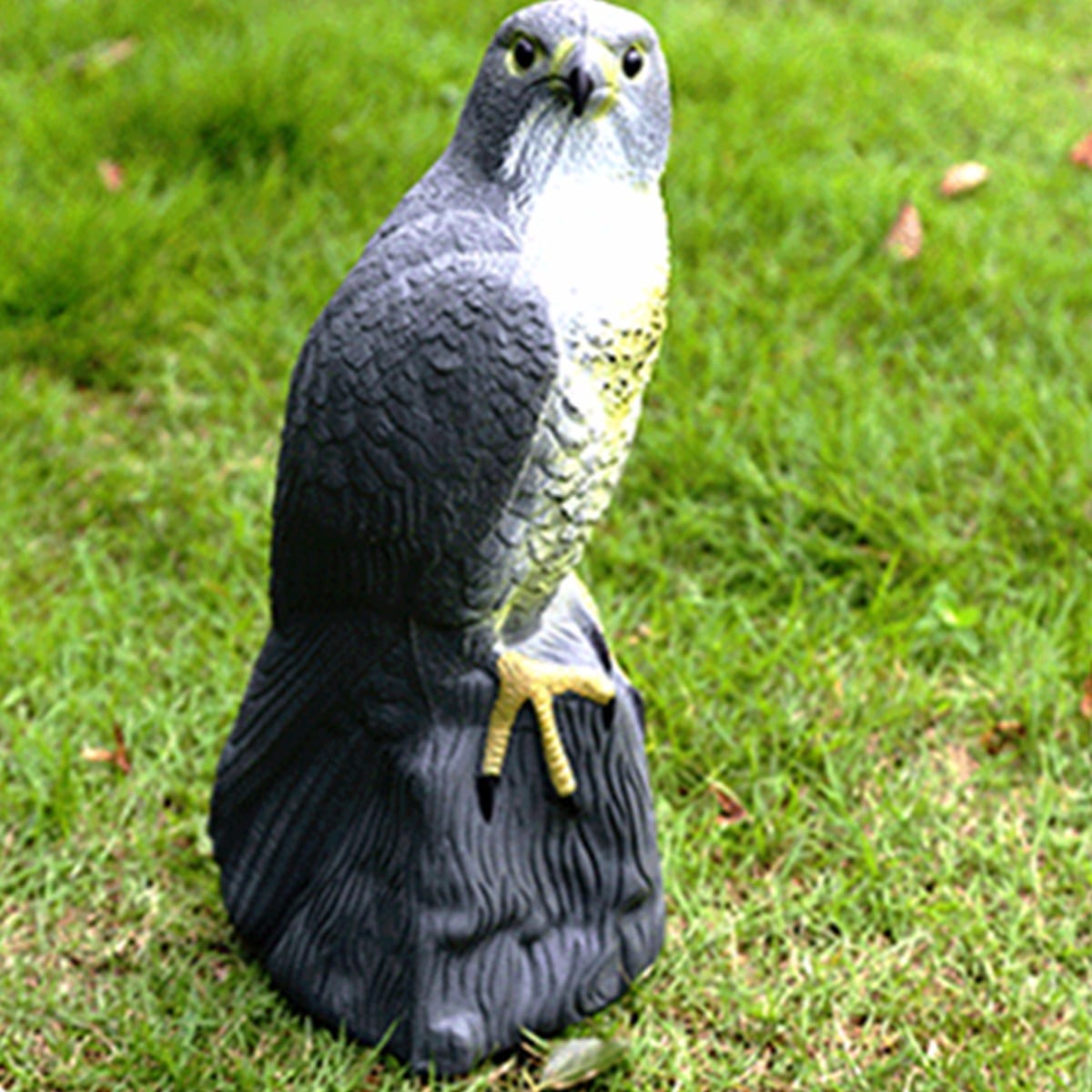Ben O’Rourke
A few years ago, two gamekeepers, a policeman and a man from a wildlife charity went to a vet’s surgery for a bird’s post mortem.
The carcase was ‘found’ on a grousemoor, said the charity representative. He accused gamekeepers of killing it. For a bird, it smelled fishy, says one of the gamekeepers present – who wishes to remain anonymous.
To start with, the carcase was on a path many people walk along, yet was only noticed by a member of the wildlife welfare group, who says they bagged it and called police.
The feathers on the dead bird were young – too young for the time of year it was apparently discovered.
Most obvious though was the freezer burn on the legs. Our gamekeeper concludes the bird probably died from natural causes and was kept on ice until the group decided to run its gamekeeper smear campaign.
The vet noted that a pellet had been pushed inside the body, perhaps with a pen, to make it look like the bird was shot.
Since the wildlife welfare charity paid for the post mortem, it was under no obligation to make the findings public. Everyone in that room knew what happened but, without the carcase, could not prove a thing.
Other pork-pie-sized stories regularly make it into newspapers, where under-funded editorial staff have no time to question or check facts. The copy appears copied and pasted directly from press releases created and, crucially, insured by the RSPB. It’s as if there’s a template called ‘raptor persecution’ saved on computers in the offices of many of the UK’s regional newspapers.
‘Dead (insert bird of prey here) found on grousemoor’ is the headline. That’s followed by a vague description of where and when, and a quote from RSPB condemning the shooting community. The details are not important but the perceived outrage is.
When it comes to evidence, RSPB usually points to satellite data from the tags the birds wear, but forgets basic facts, such as 70% or raptors die from natural causes in their first year.
“For every 10 tags we put on, we should be finding two, three, up to seven birds that have died naturally,” says ornithologist and former gamekeeper John Cavana. “But for some reason, every single person that we see who has the data for the tag [says] the bird has died in suspicious circumstances. How can that be? There must be more than they are letting out.”

Cavana points out that RSPB doesn’t like releasing its bird data, so doesn’t bother unless a raptor dies on or near a grousemoor, then it can blame gamekeepers.
“You’ll see quite often in the media, ‘bird found dead on a grousemoor’. It’s found dead there because it lives there. It’s like saying ‘worm found dead in my garden’. It’s found dead there because it lives there.”
It’s unclear whether donors to RSPB know their money is spent on scientific research that may never see the light of day, which Cavana describes as “a bit silly, a bit strange”. Education technology investor Richard Taylor agrees.
“We should argue that they should be defunded – like defund the police – defund the conservation organisations that don’t make their data open access,” says Taylor. “Any public funding that goes towards conservation research and tagging programmes should have mandatory open data APIs of all the information because it’s being funded by the public and if you want good science you need citizen scientists looking at it. Otherwise you get the RSPB thing where they just say this is what the science says, well you can’t question the science because it’s proprietary data.”
Looking at the media coverage, data gathered from tagged birds only seems to have one aim – persecuting gamekeepers.
The latest piece of propaganda pumped out of the charity claims that 72% of hen harriers were “confirmed or likely to have been illegally killed” between 2007 and 2017. As statistics go, that’s vague.
The lack of clarity at the charity, combined with the relentless accusations against gamekeepers and the shooting community in general do nothing to help birds. As Fieldsports News has highlighted many times, birds of prey thrive on grousemoors and efforts to condemn keepers are nothing more than fundraising campaigns.
The RSPB’s latest video has its campaigns director claiming people buy raptor decoys so they can decoy raptors. That’s untrue. Raptor decoys decoy pests like corvids, which are shot as part of moorland management. The video is accompanied by RSPB begging for you for money. Instead of leaving money for your family when you die, it wants you to change your will and leave something for the birds – the ones that are being tracked but the data kept secret.
Maybe even those stuffed in fridges then used to try to frame gamekeepers.









